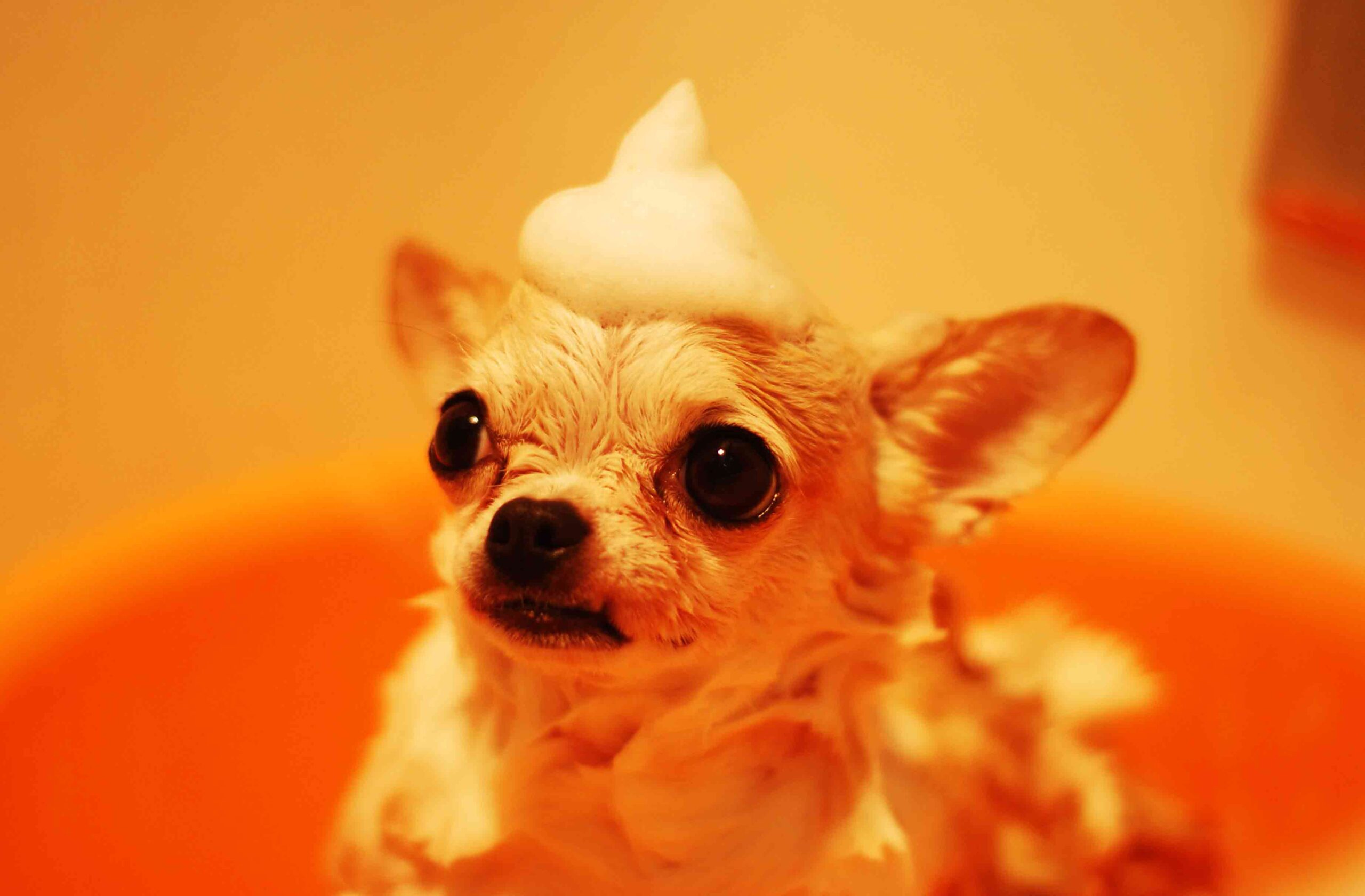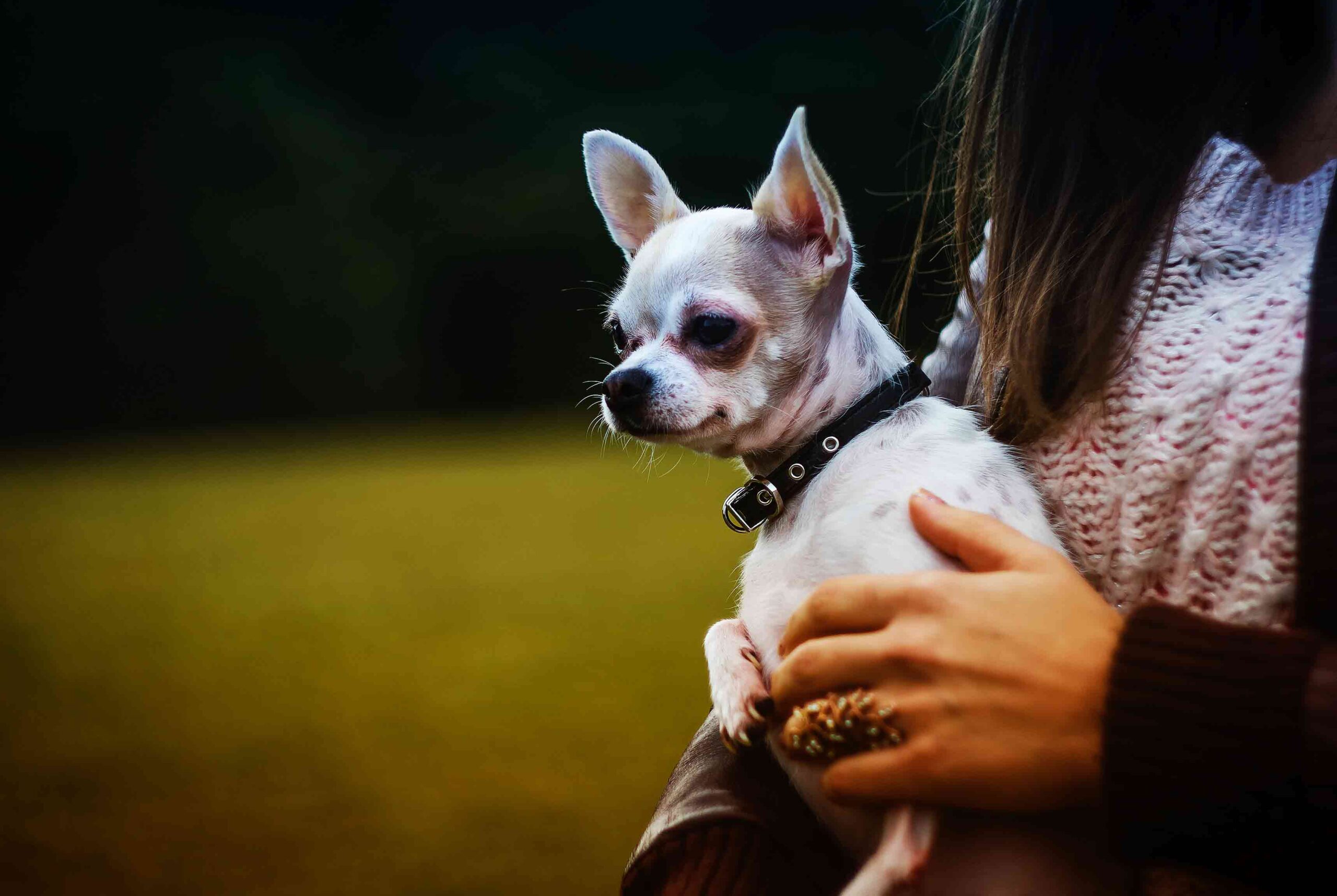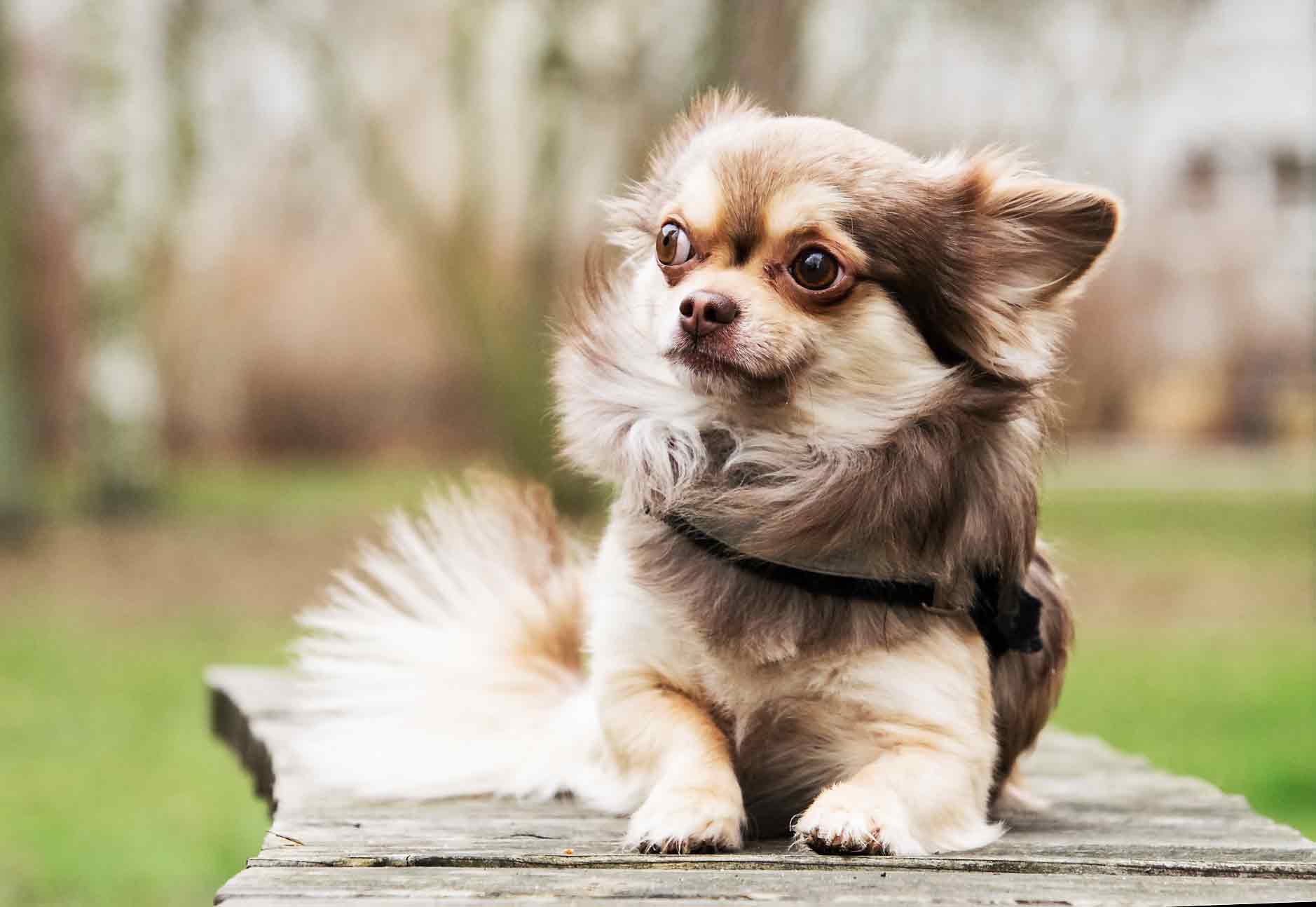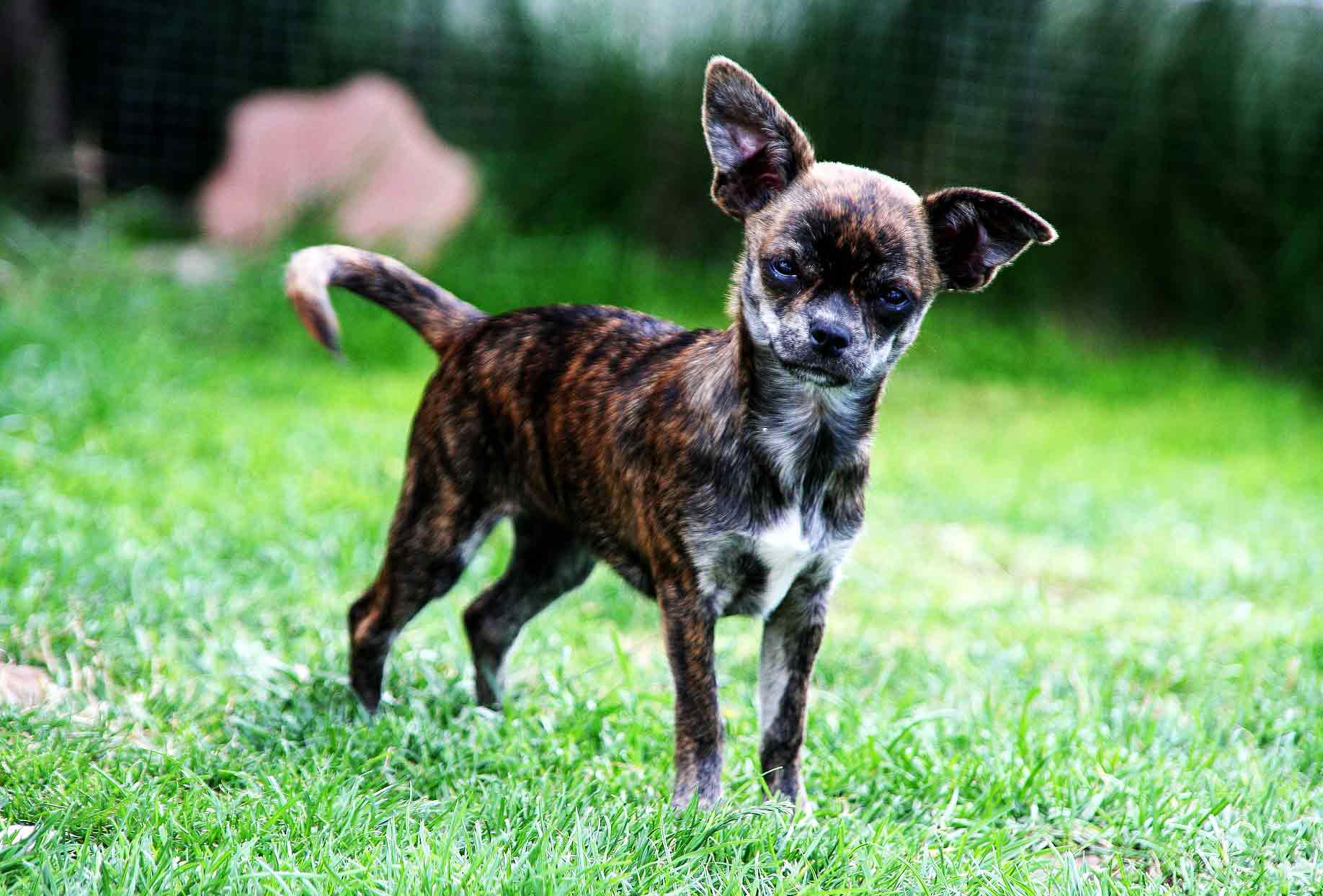
Why do chihuahuas shake? What’s going on with those little dogs that look like they’re having seizures all the time? As it turns out, there are several causes of why chihuahuas shake, so your dog may have several different triggers at any given time.
Learning the cause of why chihuahuas shake will help you identify when your dog has an issue and prevent further shaking from happening. This list of ten reasons why chihuahuas shake will tell you everything you need to know about this common problem!
Are you wondering why do chihuahuas shake? You’re not alone; many people have wondered about this very question over the years, and it’s a common source of confusion among new dog owners.
Fortunately, many different reasons might explain why your chihuahua might be shaking. Still, it’s important to note that some of these reasons can indicate an underlying medical condition. Hence, it’s essential to contact your veterinarian if you think something might be wrong with your pet. Here are ten interesting facts about why chihuahuas shake.

Why do dogs shake?
Though they’re beloved for their diminutive size and playful demeanor, it can be scary to see your chihuahua shaking. But whether you have a terrier or a toy breed, odds are your dog is shaking for one of two reasons: He’s either feeling hot, or he’s scared. Luckily, both situations are easily remedied—make sure you figure out which reason applies in each case.
1) Fear
Dogs shake for many reasons, but chihuahuas are particularly prone to fear. This may stem from their smaller size; bigger dogs generally tend to be less fearful. But then, there are Dobermans and pit bulls.
Also, beware that shaking can be a sign of illness or distress. If your dog is trembling without apparent cause, talk to your vet immediately.
2) Attention seeking
It’s not unheard of for dogs to jump or make other types of excessive noise to get a reaction from people. Your chihuahua often does attention-seeking, which doesn’t always mean you need to give him more attention.
Instead, keep his reactions in check by responding calmly and ignoring unwanted behaviors; he’ll learn that whatever he does won’t get him what he wants. It may be difficult at first, but it will help reduce behavior problems.
It also helps if you provide lots of praise when your dog has calm moments instead of only reacting when he makes noises or exhibits lousy behavior; that way, he learns that desirable behaviors are much more rewarding than undesirable ones.
3) Pain
One of a dog’s primary means of communication is through body language. Pain can sometimes cause a chihuahua to shake, and it’s essential to keep an eye out for symptoms.
Possible causes include ear infections, fleas or ticks, worms, tooth issues, and tumors. If your pup is constantly shaking his head or holding his head to one side, take him in for a checkup. If you notice other signs like lethargy or depression, make an appointment with your vet right away — he may have an underlying health problem that needs immediate attention.
4) Hot weather
When it’s hot outside, chihuahuas should be kept indoors. They are not equipped to regulate their body temperature when temperatures rise.
Exposing a chihuahua to very hot or humid weather could result in heatstroke and possibly death. To prevent heatstroke, always keep an eye on your dog, especially if they are elderly or overweight. You may even want to invest in some dog pool toys for your puppy if you don’t have a swimming pool of your own.
5) Illness
Several illnesses can cause a chihuahua to shake. Viral infections like distemper, or intestinal parasites and worms, can send your pet into convulsions. Dogs with rabies may also shake their heads as a sign of confusion or disorientation caused by their illness.
A chihuahua that has been hit by a car could be in shock and prone to shaking fits. You should contact your veterinarian immediately if you suspect that your dog is experiencing seizures caused by any of these conditions because they may need immediate treatment to survive. Other severe conditions can lead to constant shaking in dogs, like hypoglycemia and hyperthermia.

6) Stressful situations
No one is immune to stress, and it can put a strain on your chihuahua’s shaking. If you’re having problems coping with stress in your life, try some of these strategies: yoga, meditation, exercise, or even talking to a psychologist. By reducing your stress levels and getting a handle on work deadlines and personal expectations, you can help reduce stress for your dog.
7) Showing affection
The first reason chihuahuas shake is that they try to show you affection. Dogs use their tail and body positions to show happiness or worry about something.
When a chihuahua wags its tail, it means that they are happy with what you’re doing and shows signs of being friendly with you. If your dog is twitching his tail, it means that they are not pleased with what you’re doing and may try to let you know by snapping at your hand or getting aggressive with another dog.
8) Excitement
The most common reason why chihuahuas shake is when they’re excited. This may seem obvious, but it’s important to note that animals sometimes have no control over their body’s shaking mechanism.
Their entire being—body and mind—becomes engulfed in pure joy and excitement, leading to muscles trembling throughout their body. If you notice your chihuahua shaking their head back and forth while seeming jumpy, chances are they’re just happy to see you.
And if you see your dog shaking while staring out of a window or at another animal, he could be nervous (or excited). Whichever emotion it is will help inform how fast he shakes.
9) Insecurity
People like to say that chihuahuas are a reflection of their owners. Your dog might be similar if you have an insecure, shy personality.
A chihuahua can be nervous in new environments and people or if they don’t feel secure in their surroundings or with their master. By interacting with your chihuahua daily and getting used to new situations, it is possible to help your little dog become more confident.
10) Boredom
There are lots of reasons why a chihuahua might shake. One common cause of stress in dogs is boredom. They don’t have enough to do, and they get antsy, so they start jumping around to burn energy or relieve their stress. If you notice your chihuahua shaking when you leave, it could be because he doesn’t like being alone. He may want a companion for playtime!
11) What are some common reasons why Chihuahuas shake?
Every dog will shake their head at some point. When they do, it usually means that something is causing them discomfort. An ear infection or injury, a nervous system disorder such as vestibular disease, or a health problem like a distemper could be responsible for shaking.
And though you may have heard rumors to the contrary, behavioral problems are not a common cause of head shaking in chihuahuas. When they do occur, they’re often indicators of serious medical issues that need to be addressed as soon as possible. Here are 10 common reasons why chihuahuas shake their heads and how to tell if your pup is suffering from any of them: 1. Pain Head shaking in puppies could be a sign that something hurts.

12) Why does my chihuahua seem scared and nervous?
One of the reasons why a chihuahua might be trembling or shaking is because they are scared or nervous. There are multiple reasons why your chihuahua may become nervous. They could have been startled by loud noises, they may feel threatened by other pets in their environment, or they may be uncomfortable with all of their surroundings.
Dogs who aren’t socialized as puppies can become timid around people and other animals. A puppy raised alongside other dogs will likely be less afraid than one who was separated from his littermates for early socialization with humans, for example.
While you can use training to help your dog stop shaking once he’s started, getting him comfortable in his environment with regular grooming and exercise will also help calm him down over time.
13) Symptoms of illness in dogs.
Although it’s not common, dogs can be diagnosed with diabetes and have symptoms similar to those of human diabetics. The signs of dog diabetes include increased thirst, increased urination, and weight loss. Some dogs might even develop cataracts or lose their hearing or smell due to diabetes.
But there are ways to tell if your pet has diabetes early on, like having your vet measure his blood glucose levels using a simple blood test. Since insulin will also help manage your pet’s diabetes, it is recommended that you put your dog on an insulin regimen from day one so that he doesn’t experience any side effects from undiagnosed diabetes.
14) The nervous system.
Most small dog breeds are susceptible to Chiari-like malformation, a common neurological condition where part of their brain protrudes into their final column.
The spinal cord that carries nerve signals from and to the brain is narrower than usual, causing compression and putting pressure on nerves along with significant blood vessels in dogs with Caudal Occipital Malformation Syndrome (COMS).
Dogs with COMS often exhibit shaking as a symptom; it’s believed that chihuahuas shake because of a form of COMS. Small dogs like chihuahuas can be at greater risk for neurological conditions, so any signs should be treated seriously.
15) Can anxiety cause dog shaking?
Yes, dogs can have anxiety-related issues similar to humans. Dogs can suffer from separation anxiety, noise phobias, and other general anxiety disorders that make them upset or sick when left alone. Because it causes such extreme distress, separation anxiety is a severe condition that should be addressed immediately.
Unfortunately, dog shaking is a common symptom of many different problems your pet may be facing. It’s essential to do everything you can to keep your dog happy and healthy, so he doesn’t develop any stress-related issues!

16) How can I stop a dog from shaking?
If your dog is shaking, you might be wondering what’s causing it. If you’re lucky, she’s just shivering from being cold. But if you’ve checked her and she doesn’t feel cold to touch or has no interest in a warm spot, something else might be up. Here are some possible reasons why dogs shake
17) Handling the problem.
One reason why chihuahuas shake is that they feel cold. Then, a better idea is to provide them with a good blanket to lie on and keep their body warm. You may also want to ensure that you’re keeping your chihuahua in a room with an air conditioner that doesn’t get turned off by mistake. It might be wise to have an electric fan running in its room to help blow cold air over it in hot weather. Another thing you can do if your chihuahua starts shaking is taking it outdoors; hopefully, being outside will help distract it from feeling uncomfortable and lonely in your home.
18) How do you know if your dog is anxious or stressed?
Do you feel like your dog’s anxiety and stress are out of control? Please take a moment to look at their eating habits. If they are gobbling up their food but continuing to chew more and more (the way people do when shoveling down junk food), that’s a good sign that something is going on. The average dog should eat around 1/3 cup per pound of body weight every day. If they seem to be eating all of their kibbles in less than 15 minutes, it might be time for them to see a vet. Like humans, dogs can experience stress and anxiety, and it can manifest in ways such as excessive scratching or chewing.
19) Breeders and genetics.
Not all dogs will shake. Some breeds are more prone to tremors and quaking than others. According to Dr. Nicholas Dodman, a veterinary behaviorist, and author of The Dog Who Loved Too Much, chihuahuas and pugs seem most prone to shaking issues, but it’s unclear why. It may have something to do with genetics, breeding, and heredity, or it could be related to how a dog was raised as a puppy. He recommends that if you notice your pup has tremors at three months old (when some breeds start losing their soft puppy fur), take them to a vet for an examination as soon as possible.

